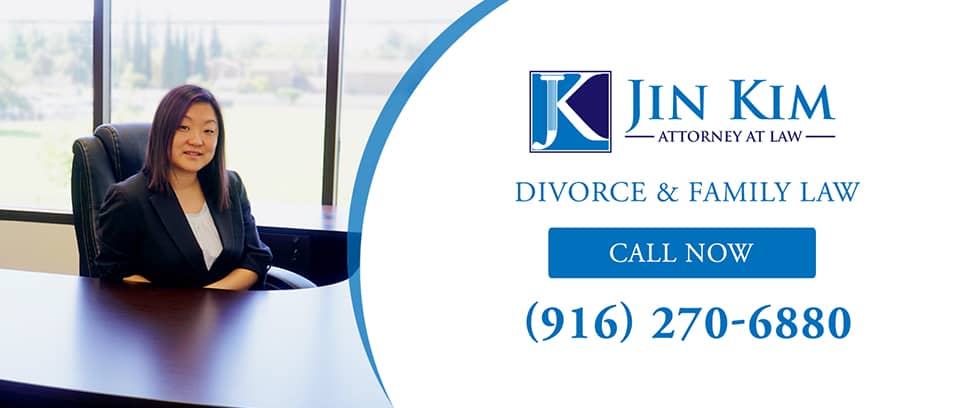Before custody can be determined and awarded, it is necessary for the court to determine who are the legal parents under the law. This concept is commonly known as ‘parentage’ under the law, and these cases are commonly referred to as ‘paternity cases.’ Under the Uniform Parentage Act (UPA), there are certain grounds, authority, and procedures to be followed in determining parentage.
There are several ways to establish parentage under California law. In certain scenarios, the law provides for presumptions of parentage. Parentage may also be established by declarations and through stipulation. Even the actions of a spouse can drastically affect and establish parentage. Here are ways through which parentage can be established:
Presumptions in Establishing Parentage
There are several presumptions that may be used as a basis for establishing paternity or making determinations of non-parentage. As such, they may be categorized into three:
- Marital Conclusive Presumption – A child who is born to a wife living with her husband is presumed to be the child of the marriage. There must be marriage and cohabitation. More importantly, the husband must be proven to be potent and fertile at the time of the conception. All three requirements must concur in order for this presumption to arise.
- Other Marital Presumptions – A child who is born 300 days after termination of a marriage (divorce) is considered a child of that marriage. Presumption of parentage also arises when the child’s natural mother and the presumed parent attempt to marry before the birth of the child. If the marriage was after the birth of the child, the presumption still arises if the presumed parent is named on the birth certificate, or there is a promise or court order to support the child.
- Holding Child Out as One’s Own – If the presumed parent welcomes the child into his/her home and publicly holds out the child as his/her own, then the presumption of parentage arises.
Voluntary Declaration
A written voluntary declaration of paternity filed with the Department of Child Support Services (DCSS) has the same force and effect as a judgment establishing paternity issued by the court. A voluntary declaration weighs more than a rebuttable presumption of paternity. The voluntary declaration executed by the parent is recognized as a basis of an order for child custody, visitation, or child support.
Parentage by Stipulation
If paternity is not contested, the parties may stipulate and agree on the parentage. The said stipulation may be used by the court as a basis for entering a judgment establishing paternity. The action where the stipulation was entered into need not be one for custody. It can be in any action brought under the UPA or in an action brought by the DCSS under Fam C §7646.
Parentage by Estoppel
In order for parentage by estoppel to arise, three elements must concur:
- The person represents himself/herself to be the legal parent to the child and intends the child to rely on his/her representation
- The child must have believed or relied on the fact
- The child was ignorant or unaware of the true facts of his parentage
The person must have knowledge that he is not the biological parent, and yet still leads the child on to believe that he is the biological parent. If the father actually believes himself to be the biological father, then parentage by estoppel will not arise.
Assisted Reproduction
A woman may conceive through physician-supervised assisted reproduction with consent from her partner, the intended parent. In this case, the semen or ova – or even both is provided by a donor. The law recognizes the intended parent to be the natural parent of the child and not the donor. It is mandatory, however, to have the consent of the intended parent in writing.
Multiple Presumptions of Parentage
Based on the discussion above, it is possible for multiple presumptions of parentage to arise. In this case, the law mandates that the presumption which is founded on weightier considerations of policy and logic will control. Furthermore, it is actually possible under law for a child to have more than two parents. If the court finds that recognizing only two parents would be detrimental to the child, the court may recognize more than two persons claiming parentage.
